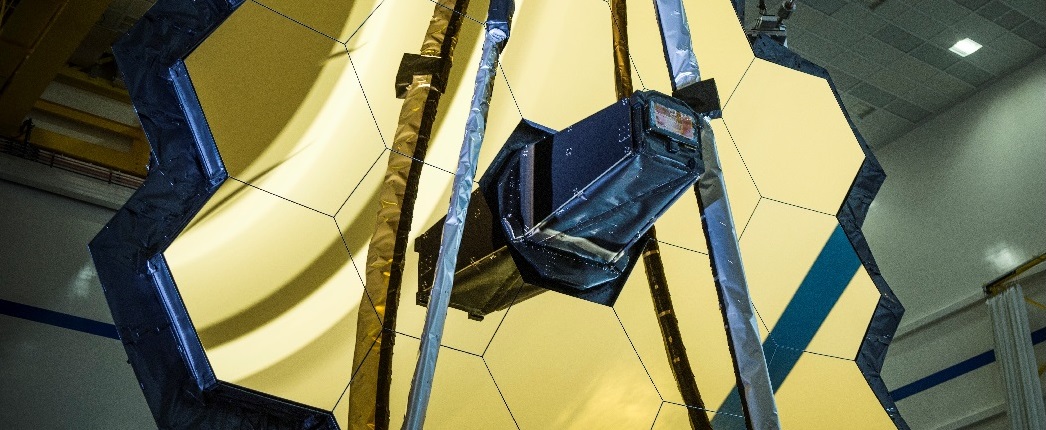
The James Webb Space Telescope, scheduled to launch Dec. 24 on a NASA mission from French Guiana, will rely on a proprietary oil provided by Nye Lubricants to lubricate multiple mechanisms within the telescope. The launch comes months after the successful landing of the Mars Perseverance Rover, which used the company’s barrier film formulation product.
The James Webb Space Telescope, developed in conjunction with the European Space Agency and Canadian Space Agency, will be used to study and compare the evolution of exoplanets to planets in our solar system. Nye, based in Fairhaven, Massachusetts, became involved with the project in 2002.
“In an application as large as this, the anti-wear properties of a grease or oil are critical,” Tony Dotson, aerospace industry manager at Nye Lubricants, said in a press release. The telescope uses a proprietary multiply-alkylated cyclopentane Pennzane brand oil, which was originally developed by Pennzoil and for which Nye holds exclusive distribution rights. The polymers in the oil, commonly referred to as MAC, have a molecular structure that resists wear-related breakdown, making them ideal for heavily loaded, metal-on-metal applications.
Pennzane lubricants are designed for bearings, gears, linear actuators and other precision components found in such applications as space mechanisms, semiconductor manufacturing equipment and other in-vacuum applications, the company said.
The Pennzane lubricants are the only greases and oils that offer the unique combination of extreme wear protection, low outgassing and additive compatibility for optimal performance in space and other vacuum applications, Nye said. The James Webb Space Telescope marks the largest use of Pennzane in Nye history.
When a lubricant outgasses, it releases low molecular weight molecules, similar to evaporation, due to a function of temperature and pressure, the company explained. High temperatures and low atmospheric pressures increase outgassing, and high vacuum is considered the most egregious condition for evaporation of liquid lubricants.
“The evaporated material can potentially condense on surfaces that would contaminate optics and other sensitive components,” Nye said on its website. The company added that the loss of the evaporated molecules changes the properties of base oil, especially viscosity and related properties, including friction and torque, resulting in reduction of lubricant life. The MAC lubricants exhibit very low vapor pressure and offer uniquely stable performance under vacuum conditions, Nye said.
“NASA contractors and other space leaders know to come to Nye because we have the most rigorous testing procedures in the industry,” said Dr. Jason Galary, Nye’s director of research, development and innovation. “Once a product is up in space, repairs and maintenance become almost impossible. Our lubricants for space mechanisms are backed by extensive validation data to ensure reliable performance in the vacuum of space.”
On the Mars Perseverance Rover mission, Nye provided its NyeBar Barrier Film formulation, which plays a critical role in preventing oil from migrating to the rover’s mast camera and compromising the image. Launched in July 2020, the rover landed on Mars on Feb. 18 this year.
Nye Lubricants was acquired by Germany-based Fuchs Lubricants Co. in 2019.
Founded in 1844, Nye manufactures synthetic lubricants for such industries as aerospace, automobile manufacturing and food and beverage processing. It also makes several types of greases, including damping, electrically conductive, food grade and radiation resistant varieties.